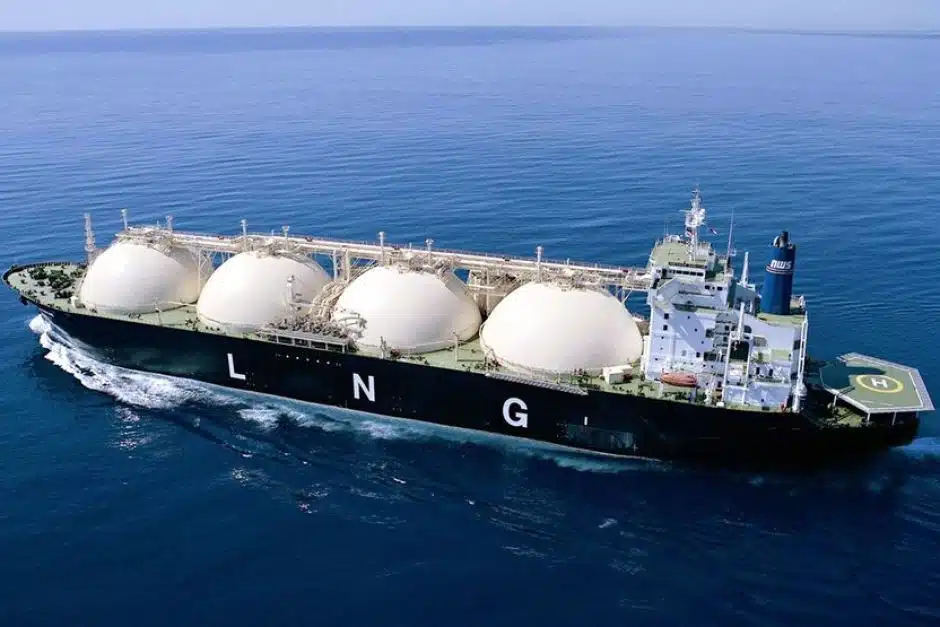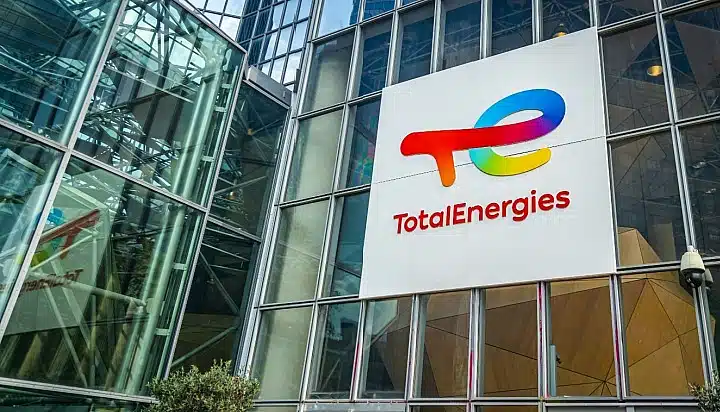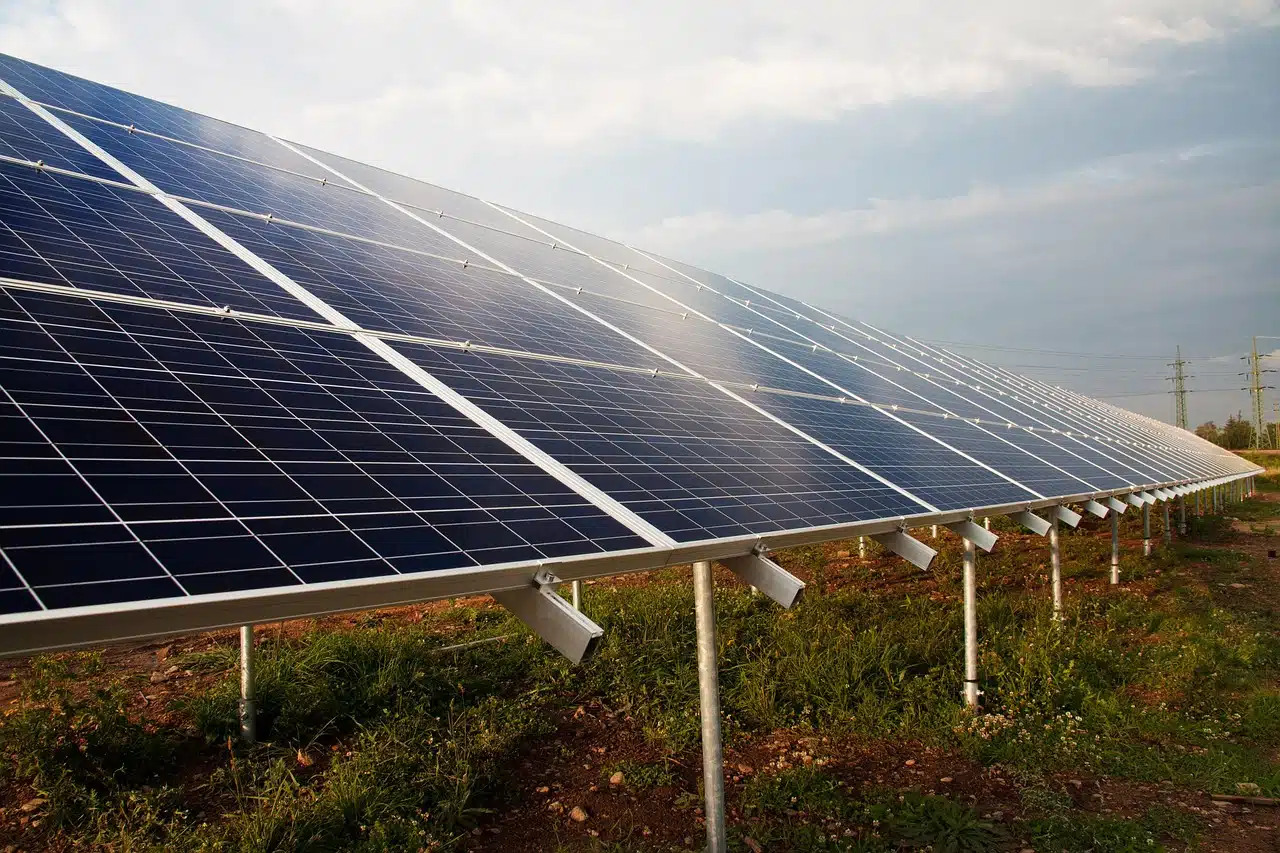Egypt is increasing its reliance on Liquefied Natural Gas (LNG) imports to meet domestic energy needs, following a sharp drop in local gas production and growing power consumption.
The country is now seeking new supply contracts and expanding its import infrastructure, despite earlier ambitions to resume LNG exports by 2027.
Government sources said Egypt has already signed multi year infrastructure deals and is holding talks with major suppliers, including Qatar, to secure long term LNG deliveries that may stretch beyond 2028.
This shift marks a significant change in Egypt’s energy position, as it recently returned to being a net importer after years of export led growth in gas revenues.
Egypt’s return to LNG imports is driven by a combination of declining gas output and rising power consumption. Local production fell below 4 billion cubic feet per day (bcfpd) in 2024, the lowest since July 2016.
This decline was largely due to under investment and lower output from key gas fields.
Among the most affected sites is the Zohr Gas Field, operated by Italian energy company Eni.
Once the centerpiece of Egypt’s gas resurgence, Zohr has now fallen off its production peak.
Eni has not provided current output figures but previously said production is consistent with expectations for a mature field.
The company also announced plans to drill two new wells after the Egyptian Government began repaying its outstanding debt to foreign operators.
Meanwhile, power demand has surged due to rapid population growth and extreme heat.
With North Africa’s fastest growing population and soaring temperatures, especially during summer, the Government was forced to choose between maintaining electricity supply or continuing gas exports.
President Abdel-Fattah El-Sisi’s administration opted to prioritize local energy needs and increased LNG imports to avoid prolonged blackouts.
A senior official said Egypt’s petroleum and LNG import bill could hit $20 billion in 2025, up from $12.5 billion in 2024.
This increase is putting additional pressure on the country’s finances at a time when it is trying to recover from economic challenges.
Cost of export
Egypt had re-emerged as an LNG exporter in 2019 after years of dormancy.
This revival was largely due to new gas discoveries, particularly the Zohr field, which helped restart operations at the Damietta and Idku liquefaction plants.
Export volumes peaked at around 9 billion cubic meters (bcm) in 2022, during a global surge in gas prices caused by Russia’s invasion of Ukraine.
That same year, the country earned $8.4 billion in LNG export revenue, compared to $3.5 billion in 2021.
These earnings provided temporary relief to Egypt’s foreign currency reserves and balance of payments.
However, the windfall was short-lived as production began to fall in 2023.
By mid 2024, the country had resumed net LNG imports.
It also imported pipeline gas from Israel. But disruptions to Israeli supply, such as the temporary shutdown of the Leviathan Gas Field during tensions with Iran, further exposed the fragility of Egypt’s energy security.
In response, Egypt turned to global LNG suppliers. It secured delivery agreements with companies such as Saudi Aramco, Vitol Group, and Trafigura Group.
The plan includes importing as many as 290 LNG cargoes between July 2024 and 2028.
Officials said the average cost of LNG under these deals is significantly higher than piped gas from Israel, which is priced at under 6 Dollars per Million British Thermal Units (MMBTU).
By contrast, LNG spot purchases can be more than double that price, depending on market conditions.









